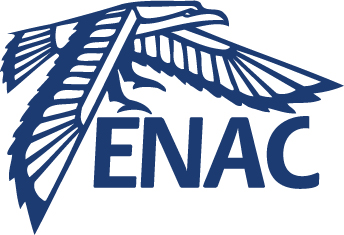Implementation of Code Shift Keying signaling technique in GALILEO E1 signal
Résumé
One of limitations of the current GNSS signals is their low data information rate. This low data information rate does not allow, for example, the transmission of additional commercial services or the transmission of redundant ephemeris data. The Code Shift Keying (CSK) is a signaling technique specifically designed to increase the transmission bit rate of a spreading spectrum signal. Therefore, one solution to increase the data information rate of the GNSS signals is to introduce the CSK technique in them. In this paper, the implementation of the CSK technique into GNSS signals is inspected through the development and analysis of the likelihood ratio expression of the bits transmitted inside a CSK symbol, and through the identification of the best mapping between bits belonging to a word and bits transmitted inside a CSK symbol. Finally, the impact of the CSK technique on the GALILEO E1 signal is analyzed by calculating the CSK demodulation performance for a given scenario and the drawbacks of the technique on the signal acquisition and tracking processes.
| Origine | Fichiers produits par l'(les) auteur(s) |
|---|
Loading...
